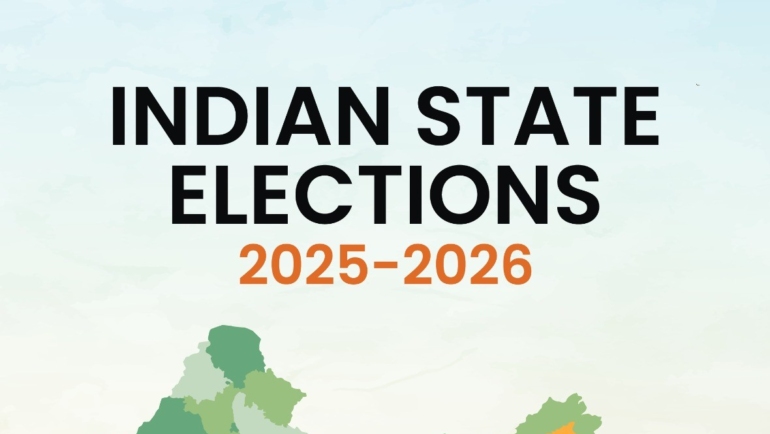To say that policy formulation is complex is an understatement. Not only is it complex and ‘messy’, it also needs to fit into local, national, regional and often, even international contexts. This collection of papers and essays brings together the perspectives of those in the government (rather those in the business of making policies) with those in the academia and even journalism. Drawing on professional experience, whether at the forefronts of a conflict like the one in Sri Lanka or at the helm of intra-state and inter-state negotiations, the authors provide a nuanced and keen ‘inside look’ into what goes (and what should and does not) into policy-making in South Asia.
The book’s eight chapters map out the processes of policy formulation in South Asia; the contemporary challenges faced by conventional governments and politics such as terrorism and extremism, and broader influences on policy-making; the impacts of the region’s checkered past; as well as looks at how regional disputes can hamper trade and regional connectivity, especially in the energy sector; and the prospects for peace and stability. The volume takes on analysis of the politics of policy-making in South Asia head-on instead of treating it in a mechanical way, and opens the way to a much needed and long overdue exchange between policy scholars in Afghanistan, China, India, Nepal, Pakistan and Sri Lanka.
The anthology is based on a two-day international conference organized by IPRI and HSF in June 2015.

